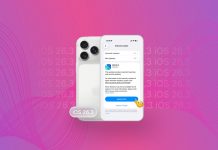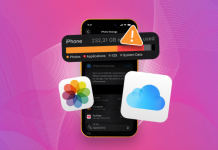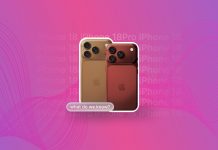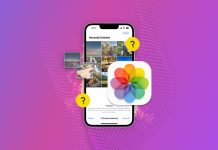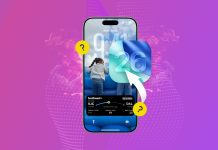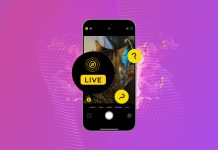Apple recently finished announcing a slew of the new products and software updates, but left out one detail concerning the iPhone 5. Now that the iPhone 5 includes LTE compatibility, it will come in three different configurations depending on your location and carrier, according to Apple’s website.
The iPhone 4S included both GSM and CDMA radios for global support, but the iPhone 5 is not a global device in the same way that i Phone 4S is. Instead, the iPhone 5 will be available in three separate models: the A1428 (GSM), the A1429 (CDMA), and the A1429 (GSM).
The CDMA model looks to be the global version of the device. It supports most LTE bands, including those in Japan and Korea and some of Europe’s bands with Verizon and Sprint, and it also has support for global GSM and HSPA+ frequencies.
The two GSM models aren’t just regionally focused. One is focused specifically at AT&T. The LTE bands in one of the GSM models lines up perfectly with AT&T’s 4G networks, while the other GSM model is targeted more at Asian carriers, but has additional support for the 1800 MHz bands used by UK’s Everything Everywhere and some other European operators. All of those bands are supported in the CDMA version but Apple will probably look into cutting down on its radio components cost by targeting this iPhone at specific regions.
It looks like Europe’s primary 4G frequency bands aren’t supported on any of the three models, which means that most European operators launching LTE next year will probably have to wait for the next generation of the device to offer 4G services over the iPhone.
All that said, here’s a simpler way to put it:
- The A1428 model (GSM) is equipped for AT&T in the U.S. and Bell, Virgin, Rogers, Fido, Telus, and Koodo in Canada.
- The A1429 model (CDMA) is equipped for Sprint and Verizon in the U.S. and KDDI in Japan.
- The A1429 model (GSM) is equipped for Deutsche Telekom in Germany, Everything Everywhere (including Orange and T-Mobile) in the UK, Optus, Virgin, and Telsta in Australia, Softbank in Japan, SK Telecom and KT in Korea, SmarTone in Hong Kong and M1 and SingTel in Singapore.

